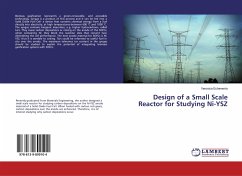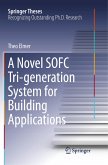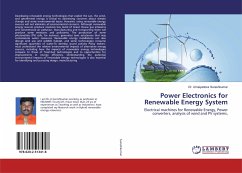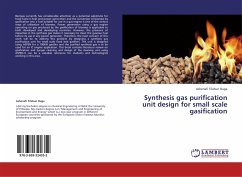Biomass gasification represents a green,renewable, and accessible technology. Syngas is a product of this process and it can be fed into a Solid Oxide Fuel Cell- a device that converts chemical energy from a fuel directly into electricity, at high temperatures-between 600 °C and 1000 °C. The syngas contains biogenic impurities, e.g. higher hydrocarbons, called tars. They cause carbon depositions or coking on the anode of the SOFCs, when containing Ni; they block the reaction sites that convert fuel, diminishing the cell performance. The best anode material for SOFCs is Ni-YSZ, thus it is sensible to coking. Tars could be reformed to useful fuel in situ over the anode. The maximum tolerance tar content in the syngas should be studied to exploit the potential of integrating biomass gasification systems with SOFCs.








